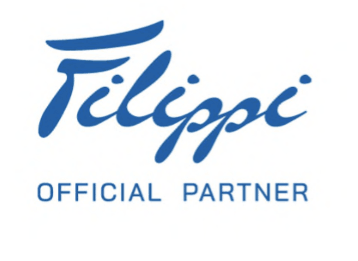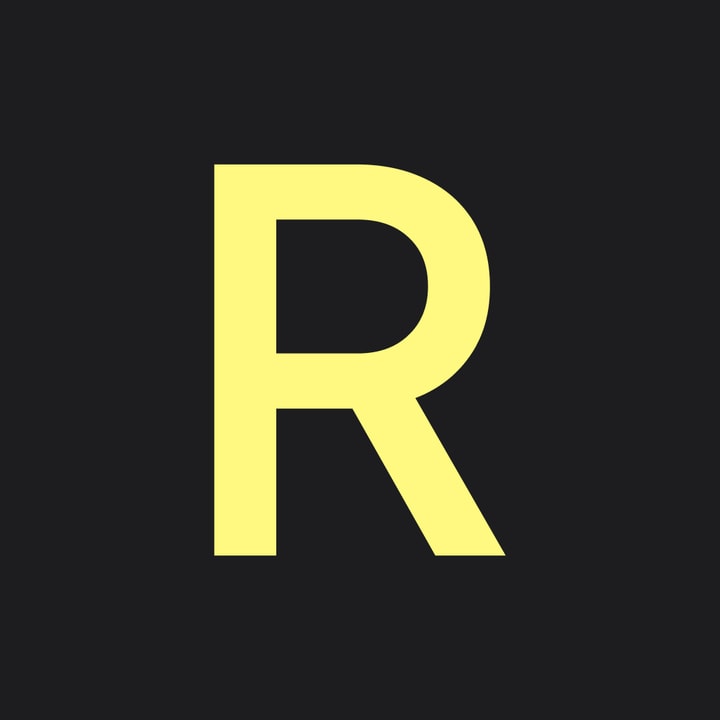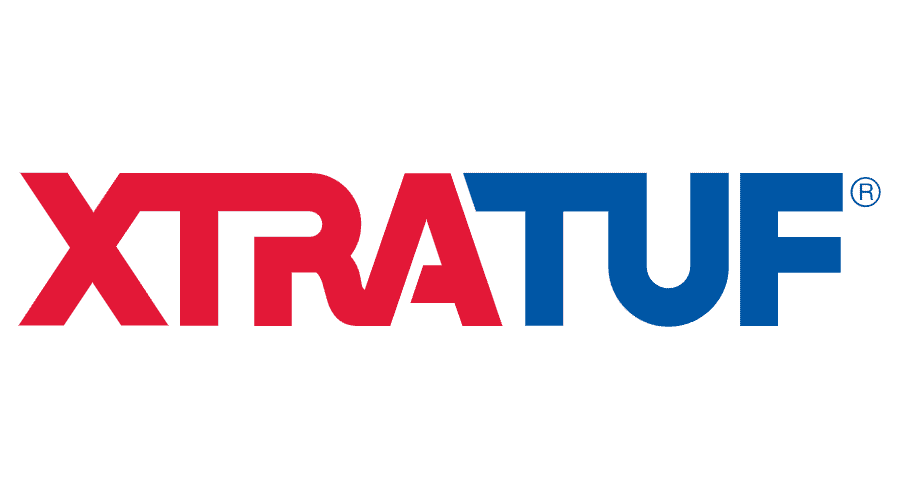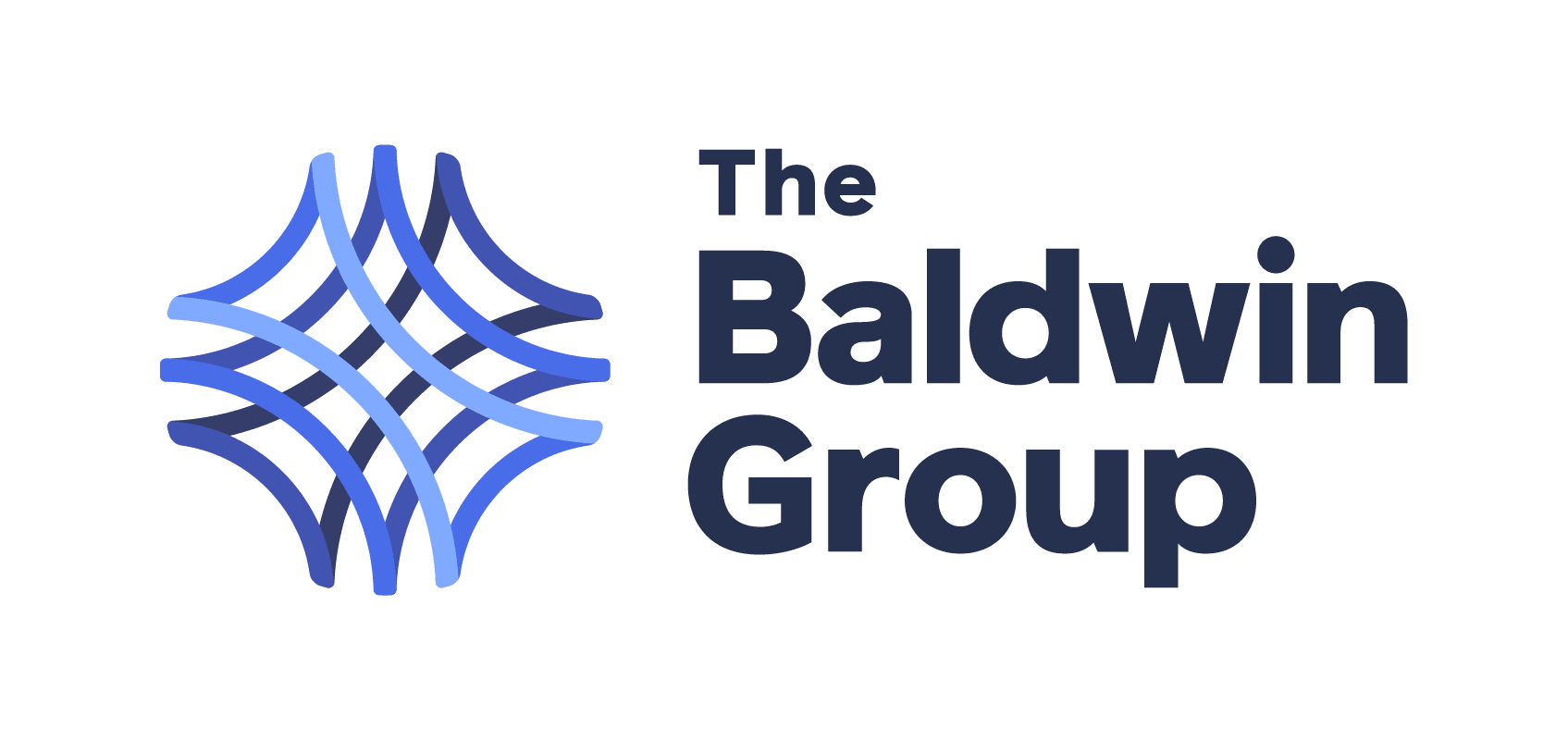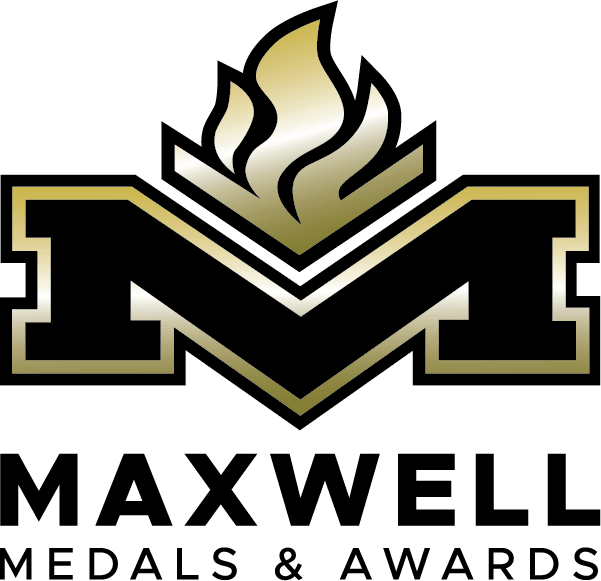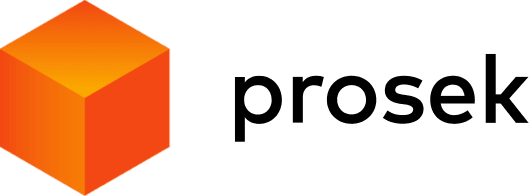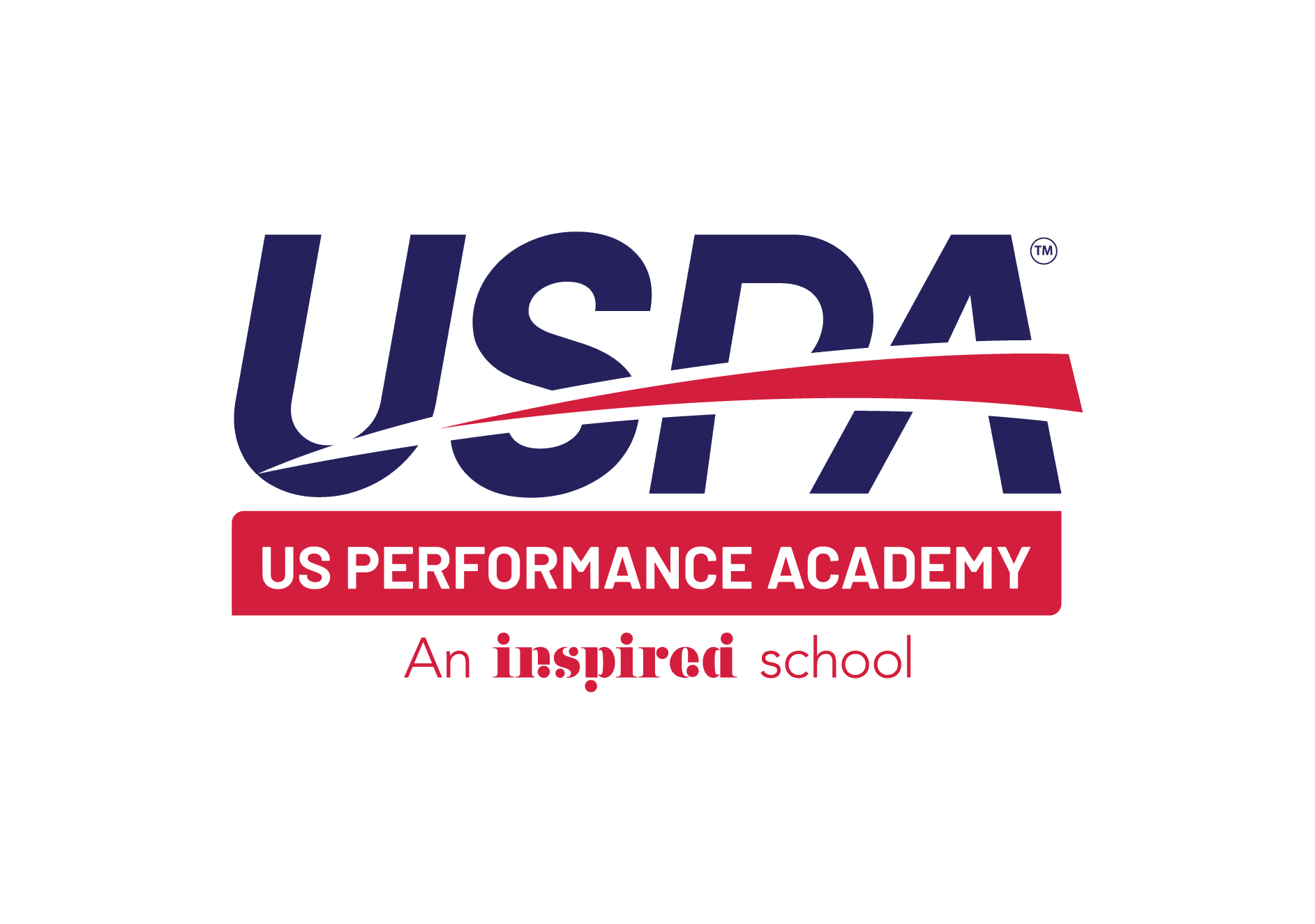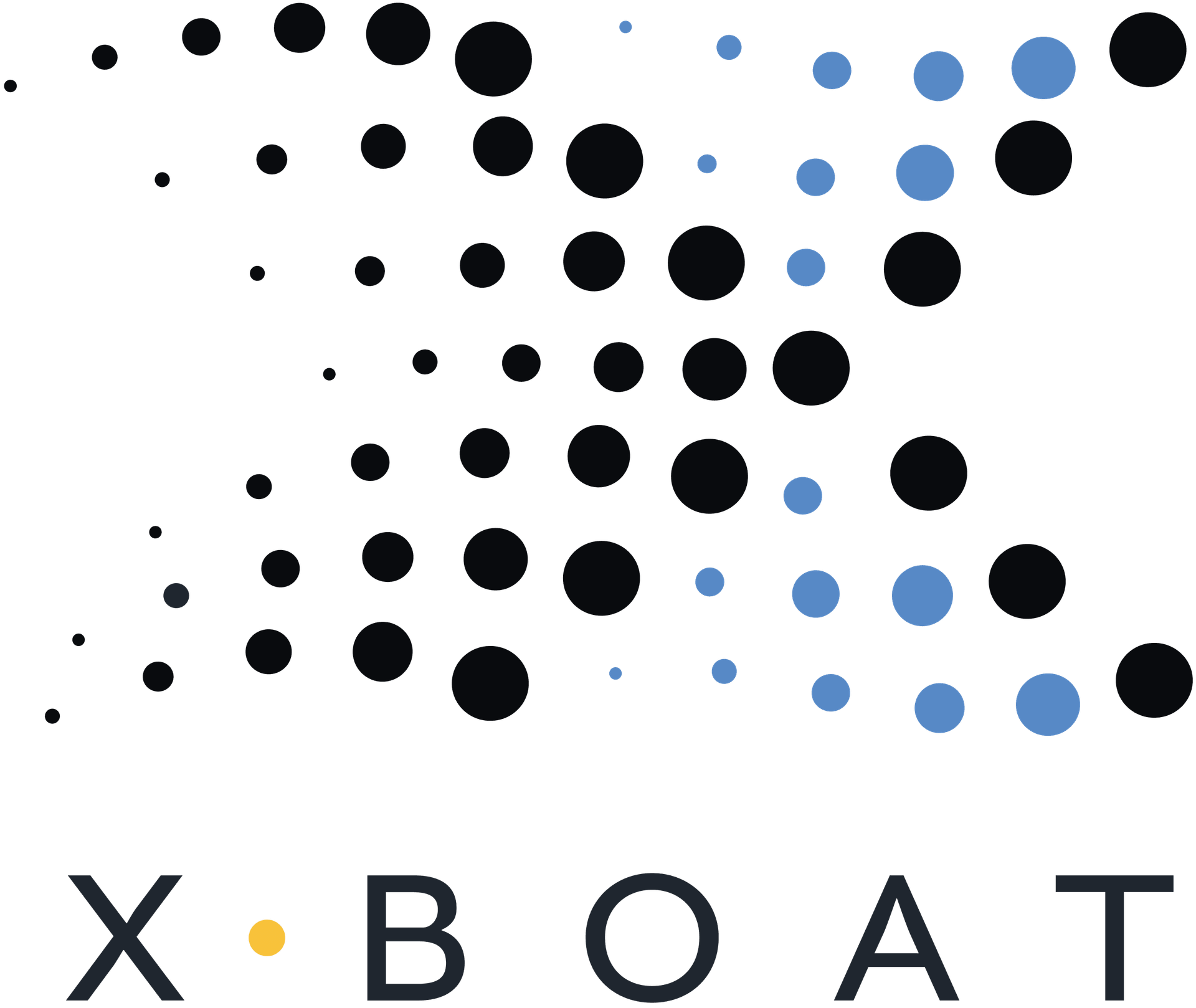
Mar 12, 2025
United We Row
Meet Open Water's Amanda Herbert
Open Water is one of this year's Shop for a Change businesses USRowing is highlighting through May. Open Water: Histories of AfroAquatics is a project that brings historians, artists, and community organizers together to share lost histories of BIPOC watersports and to empower young people to thrive in and on the water.
Amanda Herbert earned her BA at the University of Washington and her MA and PhD at Johns Hopkins University. She now teaches at Durham University in the UK. She is a specialist in early American and British Atlantic history, focusing on the women, children, and men who lived in Britain, the Caribbean, and North America c. 1600-1800. She works to recover the histories of people often left out of the traditional record.
What inspired the creation of Open Water?
The project began during a "listening session" held between a group of academics and a group of community organizers in Oakland CA. During that meeting, our community partners shared that one of their biggest challenges was overcoming history: damaging myths that watersports were "un-Black" or "white" activities, that Black people had never participated in aquatic cultures. Our team of scholars was shocked to hear that, because our own research — drawn from rare books and manuscripts in archives and libraries around the world — has shown that there is a powerful, rich tradition of Black expertise in boating, swimming, and diving, dating back thousands of years. I think I pulled Kevin's book up on my phone and passed it around the room! — we were determined to share that historical research more widely.
How does the discovery in Open Water shape our understanding of British Atlantic history?
Sources from the past show us that for thousands of years, Black women and men were renowned for their aquatic skills. What's more, they were significantly stronger swimmers than people of European descent. This really changes our perspective on all kinds of things, from health and wellbeing, to athletics and sport, to helping us better understanding the dynamics of the slave trade, segregation, and legacies of racism.
Do your research findings influence your approach, or does your approach shape your findings?
With historical research, it is always a bit of both. You enter the archive or the library with research questions and parameters in mind: what kind of people am I looking for? In what time period and place? Whose voices do I hope to recover? Then you read through countless pages of scribbled handwriting, ink smudges, cramped print, blurred images, and you search for the stories that matter to you. Kevin and I both seek to recover the experiences and perspectives of Black women and men, and we look hard for those sources in all kinds of books, manuscripts, and images. Their voices are often hidden, erased, ignored — but their stories are there. Their histories are valued and valuable.
As a former crew member at Washington, how has your rowing background influenced your connection to this research?
I am so proud to be a Washington Husky. Rowing taught me what hard work really looks like: quiet, fierce, determined, unglamorous, persistent. I learned those skills on the water, and I use them every single day.
What impact do you hope this project and its puzzle will have on communities?
Today, Black Americans are roughly 10 times more likely to drown than white Americans. Since the 1990s, the US Center for Disease Control has continued to label this disproportionately high drowning death rate an “epidemic.” In the UK, Sport England shows 95 percent of Black adults do not swim, and 80 percent of Black children do not swim. These historical myths are damaging and they are real. We want to enable communities to feel pride in their aquatic histories, offer connections between the past and present, and encourage exercise, confidence, and the enjoyment of placing bodies in motion.
What key insights did you gain while working on this project?
History has a real power, and it belongs to everyone. Working with this team has been such a privilege, and it is an absolute joy to see how community organizers, artists, and scholars can collaborate to create things that really matter.




